MUNPoint
How to apply as an individual delegate or as a delegation?
Sample video
How to upload your position paper?
https://www.youtube.com/watch?v=Yhz5UVJJOds&ab_channel=MUNTurkeycom
Bireysel ve delegasyon başvurusu nasıl yapılır?
Örnek video
Pozisyon Belgesi Nasıl Yüklenir?
https://www.youtube.com/watch?v=Yhz5UVJJOds&ab_channel=MUNTurkeycom
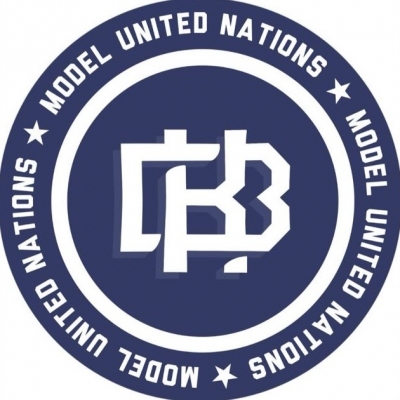
BIGMUN'24
Buyuk College Model United Nations
Conference Fees
Procedure
Organizers
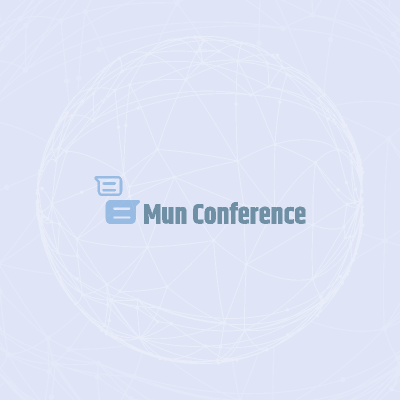



















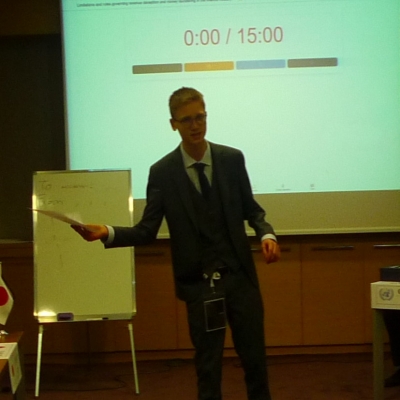
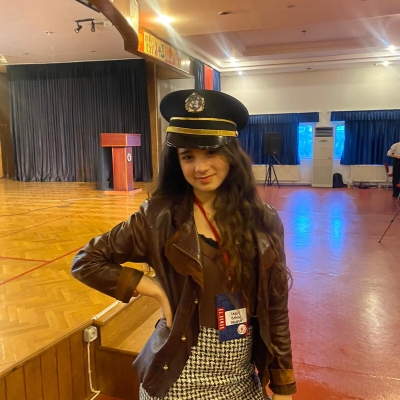





Committees
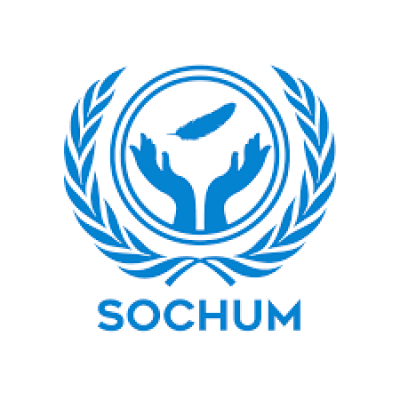
Agenda Item: Preserving Freedom of Press
Press freedom plays a vital role in informing citizens about public affairs and monitoring the actions of government at all levels. That is why preserving press freedom is important for both individuals and societies. Related to this topic, this agenda involves freedom of press and its key elements. It focuses on preserving freedom to express oneself openly and laws that are being used against the press in order to silence them. The goal is to dispose of legal threats, ensuring that freedom of expression and freedom of information is respected for everyone at any time.
Comments from The Conference
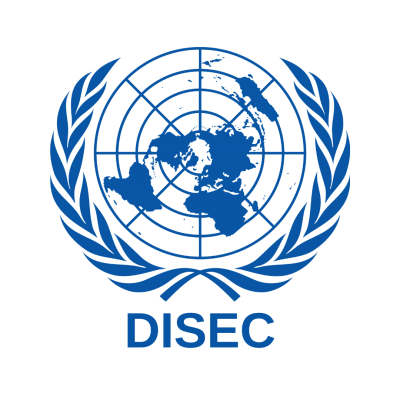
Agenda Item: The Implications of the Militarization of Space and Potential Dangers of a Space Arms Race
DISEC stands for the “Disarmament and International Security Committee”, which is the first committee among the six main committees of the United Nations General Assembly (UNGA). As one of the six principal organs of the United Nations, UNGA conveys member nations an environment for addressing and harmonizing worldwide concerns, drafting resolutions, and adopting decisions on a broad spectrum of subjects, ranging from international law, development, human rights, security and peacemaking. DISEC was created when the charter of the United Nations was signed in 1945. The primary objective of DISEC in the General Assembly, as established in the UN Charter, is to formulate broad guidelines for cooperation in the maintenance of worldwide safety and peace, particularly those associated with disarmament and armaments regulation.
As an endless curiosity for human beings, outer space is progressively becoming the next frontier for war as NATO recognized at its London summit. The 8.377 active satellites above the earth provide a wide array of services consisting of GPS navigation, broad casting, astronomy and scientific research. Because of their surveillance and reconnaissance capabilities, they help guiding drones, troops and missiles. Therefore, they are super vital for military, emergency response and defense operations so an attack on a country's satellites could be catastrophic.
Ever since anybody has had access to space, they have been putting reconnaissance satellites in space which is an earth observation or communications satellite deployed for military or intelligence applications. However in recent years, anti-satellite missiles and techniques such as kamikaze and kidnaper satellites, directed energy weapons, jamming and “spoofing” have significantly increased. All these highlight the lack of rules governing space. The 1967 outer space treaty bans the use of nuclear weapons and says space should be for the use of all mankind, but there is a little in the way of real regulation. If rival nations started destroying each other’s satellites, it would create debris clouds that could trigger a chain reaction destroying all satellites. It’s called the Kessler affect first described by NASA scientist, Donald J Kessler. Soon earth’s upper atmosphere would become clogged with debris, making space inaccessible for generations.
The world will hope for peace in the cosmos, but history suggests that such ideals are not easily maintained. Thus, the delegates of the DISEC committee are expected to suggest applicable and well considered solutions in order to eliminate this emerging problem.
Comments from The Conference
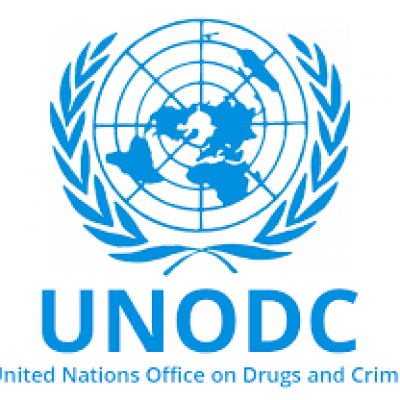
Agenda Item: Combating human trafficking for organ removal
Human trafficking for the motive of organ elimination is a terrible crime wherein humans are recruited, transported, or obtained for the purpose of organ removal through several methods. Victims of this sort of trafficking often go through immoderate bodily and emotional distress and unlawful organ trafficking. This agenda item calls on the worldwide community to cope with the basic reasons for organ trafficking and promote moral practices in organ transplantation.
Comments from The Conference
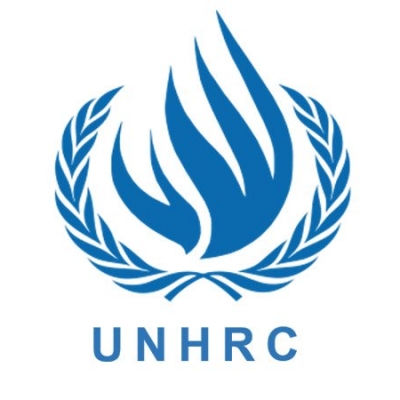
Agenda Item: Preserving Human Rights of Uyghur Turks
Preserving the human rights of Uyghur Turks requires global collaboration and a focus on key actions. Related to the topic ensuring freedom of religion and cultural identity, establishing transparent monitoring mechanisms, advocating for the release of arbitrarily detained individuals, supporting cultural preservation initiatives, and fostering open dialogue are essential steps to take at the committee. These efforts are crucial in addressing the complex issues facing the Uyghur population and upholding their fundamental human rights.
Comments from The Conference
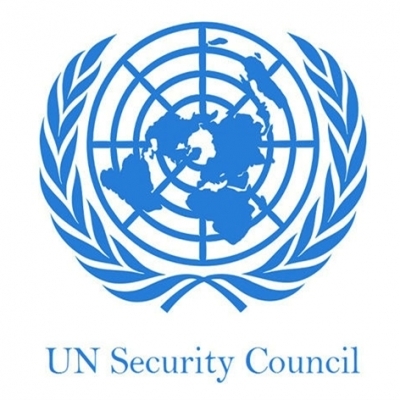
Agenda Item: The situation in Bosnia and Herzegovina
Bosnia and Herzegovina faced intense conflict among Bosnian Muslims, Croats, and Serbs from its 1992 independence until October 11, 1995. The UN Security Council strived for peace, monitoring processes, and restoring the rule of law. Despite these efforts, challenges arose, leading to the tragic Srebrenica massacre in 1995. This highlighted the need for more effective mediation. Now delegates are tasked with crafting an effective resolution and fostering diplomatic reconciliation to rewrite Bosnian history.
Comments from The Conference
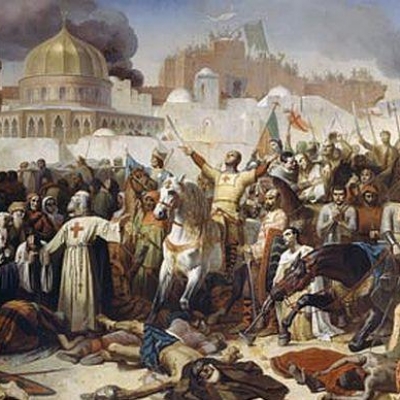
Agenda Item: First Crusade
The First Crusade lasted from 1096 until 1099. It refers to the Christian Crusader battles against the Muslims in the Levant and Anatolia. With the growing tensions between Islam and Christianity in the Middle Ages, the Latin Church declared holy war upon the Muslims with the capturing of Jerusalem by Seljuk Empire. The pope had called all the Christians population in Europe to rage upon the Muslims. In this committee, delegates will be responsible for changing the faith of one of the most important events in history.
Comments from The Conference
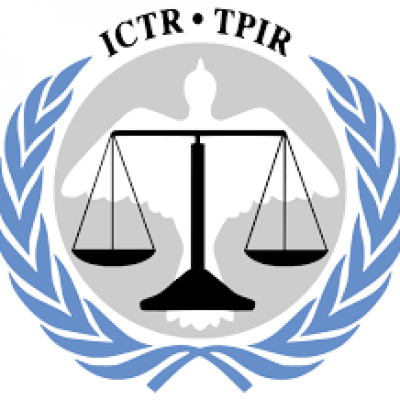
Agenda Item: Prosecutor v. Akayesu (Trial)
Hutu extremists massacred anything from 80,000 to 1 million people during the Rwandan Genocide, four times greater than the Nazi Holocaust.
The jet carrying Rwandan President Juvenal Habyarimana and Burundian President Cyprien Ntaryamira was shot down above Kigali on April 6, 1994. The previous peace accord, which aimed to put an end to hostilities between the Rwandan Patriotic Front and the Rwandan government, was destroyed by these killings. Unimaginable levels of violence dispersed throughout the whole nation.
For more than a century, moderate Hutus and Tutsi civilians were the main targets of war crimes, crimes against humanity, and genocide. The International Criminal Tribunal for Rwanda (ICTR) was established by the Security Council to “prosecute persons responsible for genocide and other serious violations of international humanitarian law committed in the territory of Rwanda and neighboring States…” Crimes of rape and sexual violence were included in these prosecutions.
The case of Jean-Paul Akayesu is known to be the first conviction of sexual violence and rape as crimes of genocide. Members of the ICTR Committee will be able to decide what should be done for this crime.
Comments from The Conference
Social Media
Location
Join the most efficient MUN management system and social MUN Network. Create your MUN, receive applications and allocate your delegates online, manage payments, send notifications, e-mails and direct messages to the participants, create and send online certificates and awards, create your MUN CV, publish documents on Document Center and do many more.






